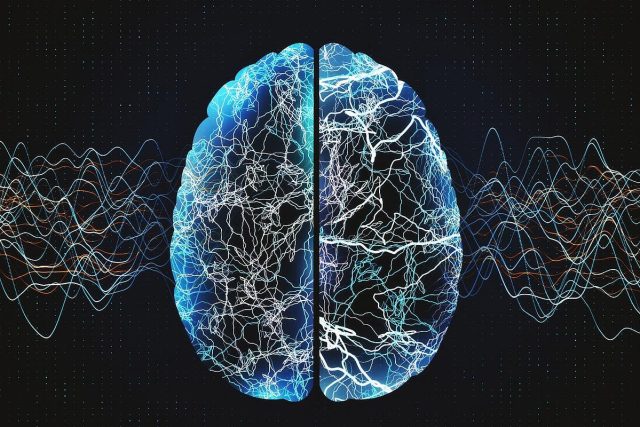BAG plays role in mediating influence of cognitive impairment risk factors on cognitive function, especially for those with high cerebrovascular disease burden
By Elana Gotkine HealthDay Reporter
TUESDAY, June 24, 2025 (HealthDay News) — The brain age gap (BAG) plays a role in mediating the influence of cognitive impairment risk factors on cognitive function, especially among individuals with high cerebrovascular disease (CeVD) burden, according to a study published online June 18 in Neurology.
Wei Ying Tan, from the National University of Singapore and National University Health System, and colleagues conducted a cross-sectional study to examine the influence of cognitive impairment risk factors on cognition and how BAG mediates this relationship. The Cognitive Impairment Scoring System (CISS), encompassing 11 sociodemographic and vascular factors, was used to assess cognitive impairment risk factors. The mediation effect of BAG on the CISS-cognition relationship was examined, stratified by cerebrovascular disease (CeVD) burden (high: CeVD+; low CeVD−).
The study included 1,437 individuals without dementia, of whom 646 were in the matched sample. The researchers observed a consistent association for higher CISS with poorer cognitive performance across all domains, with the strongest negative associations seen in visuomotor speed and visuoconstruction (β = −2.70 and −3.02). BAG significantly mediated the relationship between CISS and global cognition in the CeVD+ group (proportion mediated, 19.95 percent), with the strongest mediation effects seen in executive function and language (34.1 and 26.6 percent). The relationships between CISS and memory and visuoconstruction were also mediated by BAG in the CeVD+ group (21.1 and 14.4 percent); after statistical adjustments, these effects diminished.
“Our findings suggest that accelerated brain aging may serve as an important factor linking cognitive impairment risk factors to thinking and memory skills in adults with cerebrovascular conditions,” coauthor Saima Hilal, M.D., Ph.D., M.P.H., also from the National University of Singapore, said in a statement.
Copyright © 2025 HealthDay. All rights reserved.



















